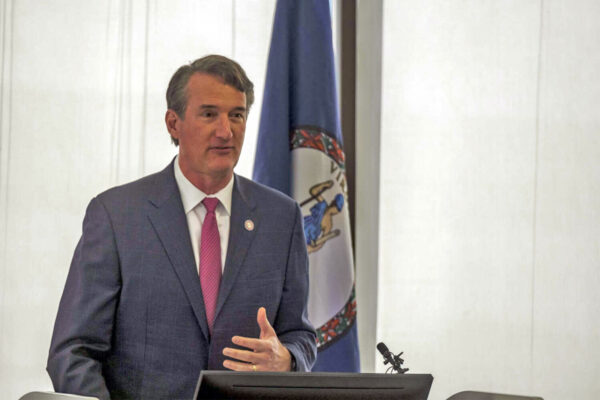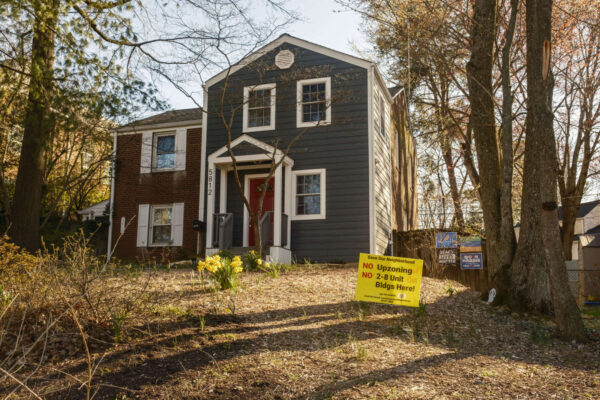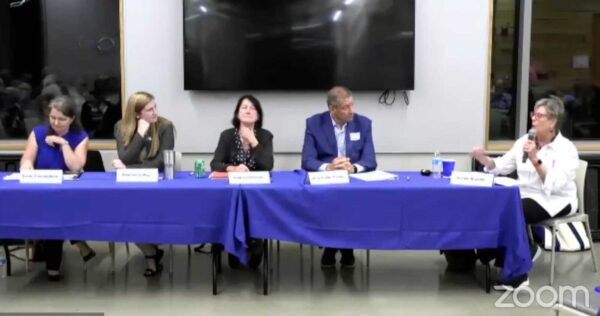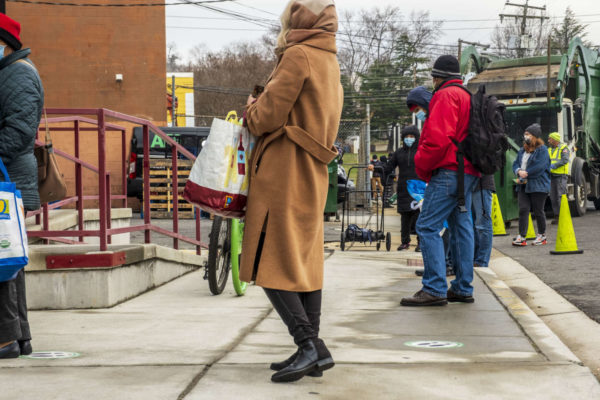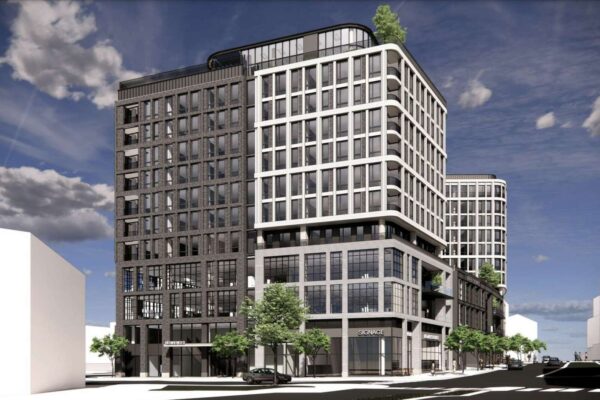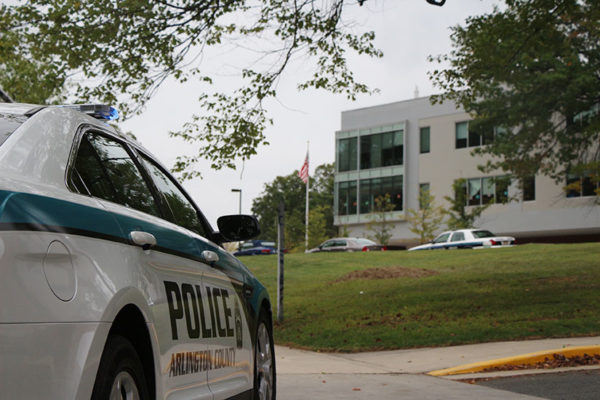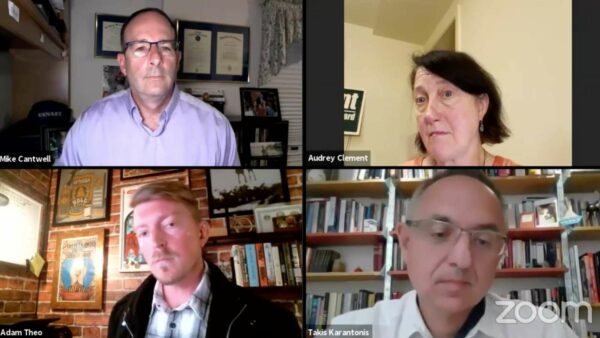Lebanese Taverna Helping to Feed Refugees — From World Central Kitchen: “Today’s scene at Dulles Airport outside DC To support families landing from Afghanistan, the WCK team is here to provide fresh, hot meals upon arrival. People have not eaten in hours — or days — by the time they land. Today’s plates came from @lebanesetaverna.” [Twitter]
Air Quality Alert Today — “The Metropolitan Washington Council of Governments… has issued a Code ORANGE Air Quality Alert Thursday for the DC metro area. A Code Orange Air Quality Alert means that air pollution concentrations within the region may become unhealthy for sensitive groups. Sensitive groups include children, people suffering from asthma, heart disease or other lung diseases and the elderly.” [National Weather Service]



